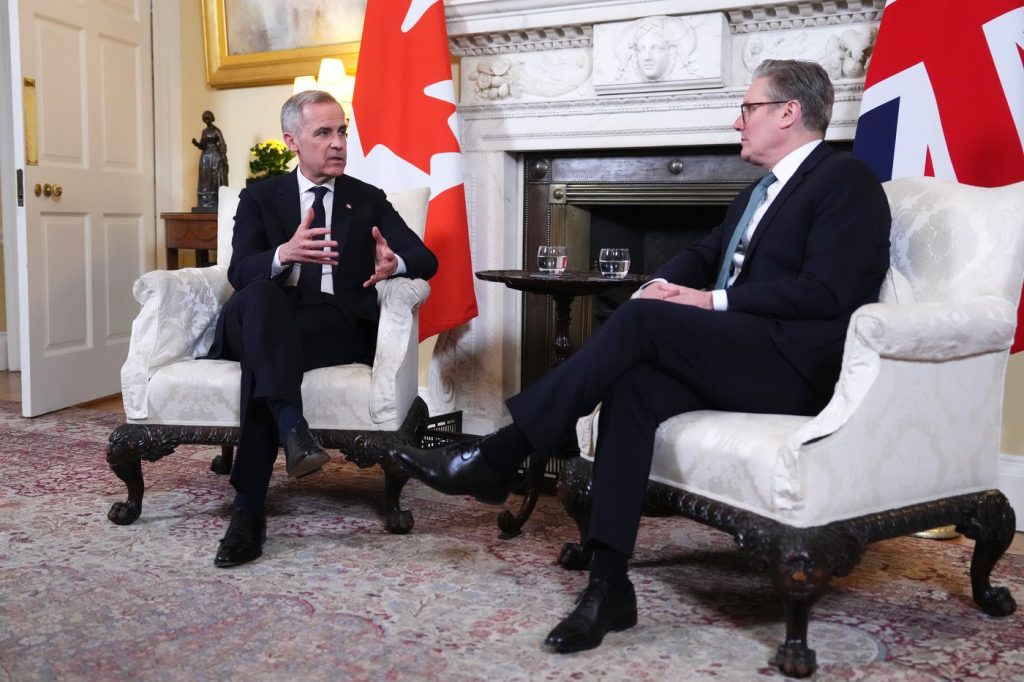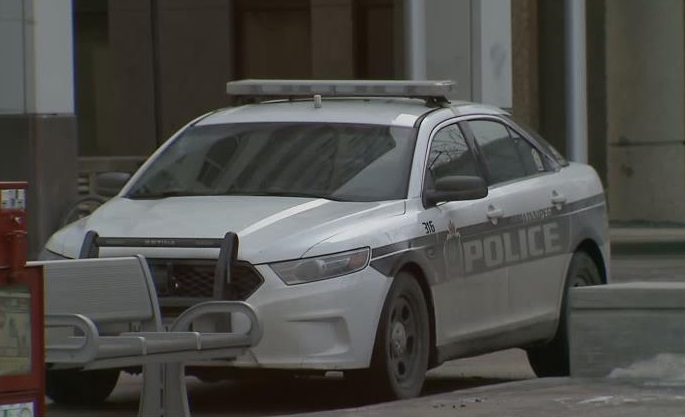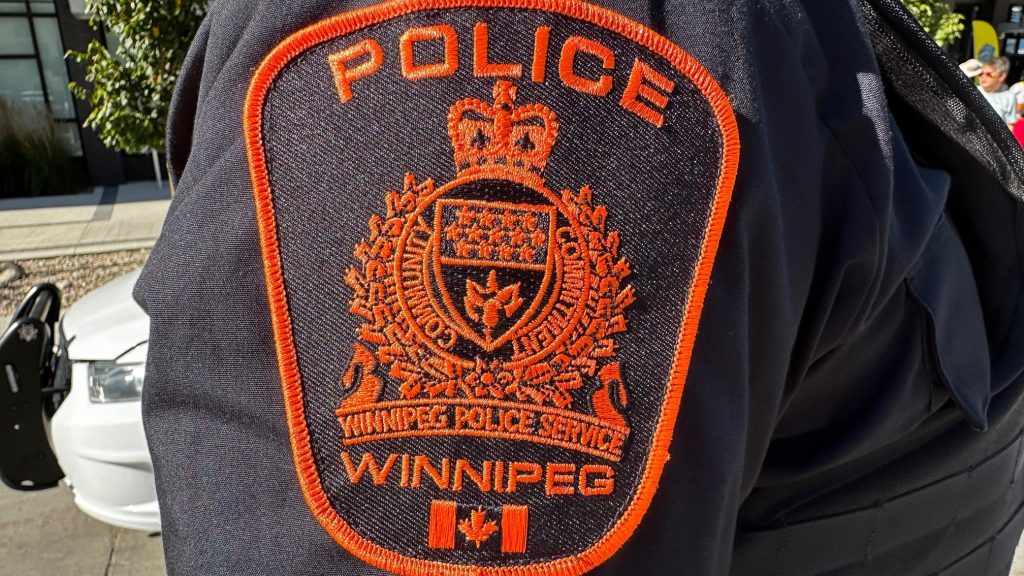Manitoba RCMP, community leaders look to Saskatchewan after deadly crash
Posted June 16, 2023 1:40 pm.
Last Updated June 17, 2023 11:33 am.
The mayor of Dauphin, Man., and a city councillor in Humboldt, Sask., are members of a club that no one wants to belong to: community leaders responding to unimaginable and unexpected tragedies.
Fifteen people were killed and 10 more were sent to hospital Thursday after a firey crash between a bus full of seniors en route to a casino and a semi-trailer on the Trans-Canada Highway west of Winnipeg.
The 25 people on the bus were from Dauphin and the surrounding rural area. Mayor David Bosiak said there’s a collective feeling of shock in the tight-knit community of about 8,600, some 190 kilometres north of the crash site.
“It’s just a tremendous tragedy for our little community,” Bosiak said.
In Humboldt, a small Saskatchewan city east of Saskatoon, the Manitoba crash has brought many residents back to April 2018 when a semi ran through a stop sign at a rural intersection, striking a bus carrying the Humboldt Broncos junior hockey team.
Sixteen were killed and 13 were injured.
“I went back to five years, to when the news broke in Humboldt here,” said Rob Muench, a Humboldt city councillor who was mayor at the time of that crash. “I think that probably happened to a lot of local people here.”
Muench and other municipal officials have reached out to their counterparts in Manitoba and he said he has been texting with Dauphin’s mayor to offer advice.
Muench said they’ve shared information that will hopefully help the Manitoba city prepare for what’s to come.
“It’s a number of things happening when you are probably least prepared for it, when you are trying to comprehend what really has happened and how it’s going to affect your community,” he said.
“You are doing this all at a time when people are grieving and trying to sort out their feelings of what has happened.”
The Broncos hockey team reached out on Twitter.
“We are devastated to learn of the tragic news coming from Carberry,” the post read, referencing the town closest to the crash site.
We are devastated to learn of the tragic news coming from Carberry, Manitoba.
Our thoughts and prayers are with everyone involved and affected. pic.twitter.com/CiKu4OEiCU
— Humboldt Broncos (@HumboldtBroncos) June 15, 2023
Toby and Bernie Boulet issued a statement saying their family is absolutely gutted by the crash in Manitoba. Their son, Logan, was one of the Broncos players killed in the Saskatchewan crash.
“Though comparisons between the Carberry tragedy and the Humboldt tragedy exist, our family is focused on the lives of so many that are now without a loved one due to the Carberry tragedy,” they said.
“Pain is real. Grieving is real. Please reach out and ask for help as people are there for you.”
People around the world reached out to Humboldt after its tragedy. The empathy and kindness let people know they weren’t alone, Muench said.
But he added people will also need space for their grief.
“Reach out to them in their time of grief and loss,” he said. “Do it in a way that’s respectful, because they are going through something they didn’t ask for and it’s going to be tough on their community as it was with us.”
RCMP Supt. Rob Lasson said Thursday the disaster echoed the Broncos crash.
“We have already linked into the investigators in Saskatchewan, who have first-hand experience and are some of the primary investigators in the investigation with the Humboldt crash,” said Lasson.
A statement that was echoed Travis McDougall, with Truckers for Highway Safety.
“When a truck’s involved, they’re gonna look at everything. They’re gonna look at that driver’s log book, they’re gonna look at whether his brakes were properly set, because that’s a major component at what they can look at in how that collision was affected. If his braking system wasn’t set properly, then they can go after that driver, whether he was at fault or not,” said McDougall.
McDougall has been in the trucking industry for years. He says that since the Humboldt crash in April of 2018, the calls to better safety on both highways and in the trucking industry have fallen on deaf ears, putting drivers – and especially newly licensed truckers – in harm’s way.
“Once you are licensed, you can travel to the United States, and you can travel right across Canada, and there’s things that are not being taught to new drivers that’ll teach them how to handle different terrain. Ontario’s terrain is different than the prairies, the prairies are different than British Columbia’s terrain.”
McDougall says most highway collisions and especially fatalities like Manitoba are largely avoidable. As professional drivers, he would like to see federally standardized training for the trucking industry, along with more frequent inspections at scales across the country.
“How do we catch the bad actors? The drivers that aren’t following their log books? The drivers that aren’t licensed properly? We’re seeing collisions across the country where drivers are influenced by drugs or alcohol. Well, stopping them at a scale is the perfect opportunity to check that out. There’s a real lack of enforcement right across the country.”
Dr. Rob Grierson, a chief medical officer with Manitoba Shared Health, said emergency responders and air ambulance crews also learned a lot from what happened in Saskatchewan more than five years ago.
“I think that was very helpful yesterday to us.”
This report by The Canadian Press was first published June 16, 2023.
— With files from Bianca Millions, CityNews








